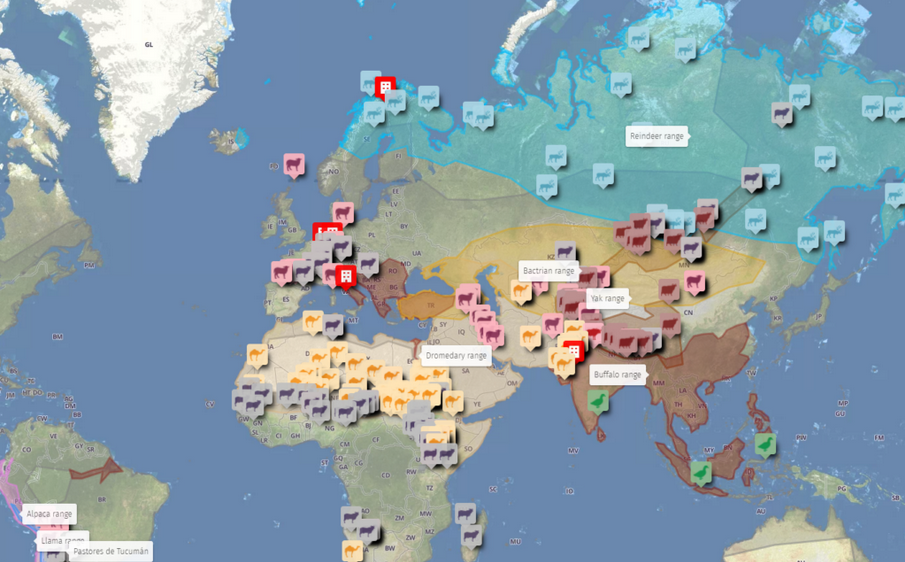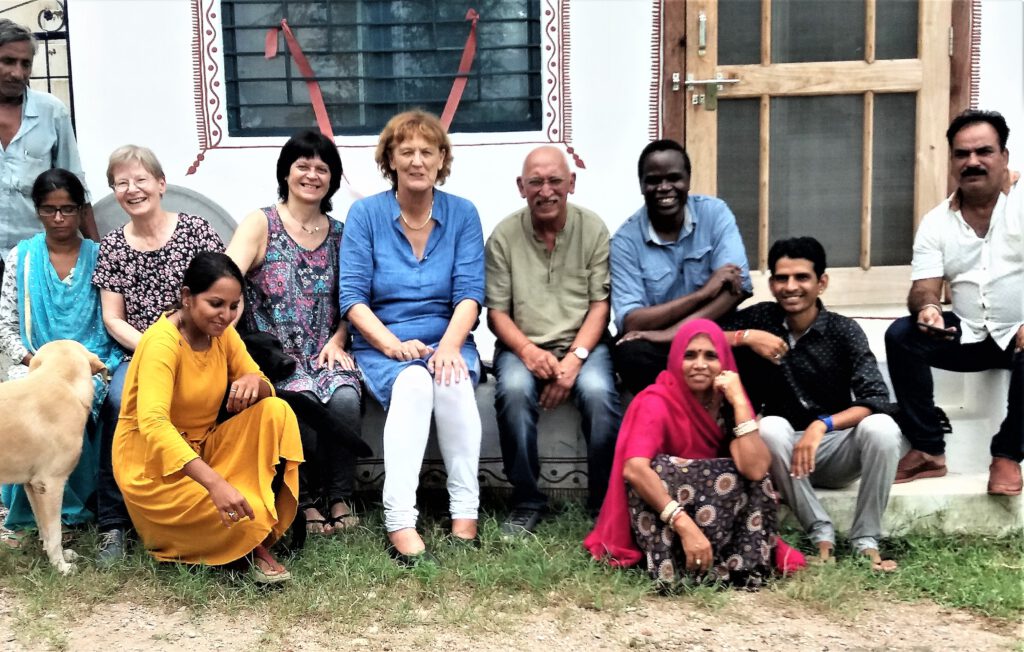GASL Webinar, 17 February, 17:00 CET: Assessing resilience in the livestock sector – of what, to what and for whom?
The Global Agenda for sustainable Livestock (GASL) announces a webinar on Assessing resilience in the livestock sector.
Based on the importance of addressing resilience in the livestock sector, especially during challenging times, the Action Network Closing the Efficiency Gap organizes
an important discussion within the GASL community to identify the main parameters and a common approach to the topic of resilience in livestock, with a special focus on ruminants.
For LPP Ilse Köhler-Rollefson will contribute a presentation on “Resilience in agropastoral systems”.
For more information and registration click here
Projecting Pastoralism as a productive and ecological livestock system for the future II
Download Information (.docx)
The overall goal of this follow-up project that is supported by Misereor is to institutionalize mechanisms and policies that give greater weight to pastoralism in the agro-ecological transformation of the global food sector.
Through the project LPP will support advocacy and capacity building of pastoralist communities with respect to assessments of their numerical, economic and ecological importance.
LPP will provide inputs to the policy debate around the ‘detrimental effects’ of livestock through blogs, responses to misleading information and articles.
The project shall mainstream the concept of pastoralism /mobile livestock keeping among various movements/platforms, including in Europe/Germany.
One of the project activities is the development of a World map of Pastoralists:

With the map we want to show the extent of nature-positive livestock production throughout the world. Pastoralism is a big part of this.
The map is not yet complete. It is an ongoing project that should be constantly added to and corrected.
The Pastoralist Map is a project of:


Projecting Pastoralism as a productive and ecological livestock system for the future
The value of pastoralism as a food production strategy without any inputs and its ecological benefits are now well established and interest has increased especially among groups that promote resilience. However, the progress in international fora in recognizing and acting upon this situation is agonizingly slow, and governments pay only lip service towards pastoralism. Even the organic movement does not recognize the advantages of pastoralism and some of its protagonists continue to associate pastoralism with drought, desertification and overgrazing. The overall goal of this project that is supported by Misereor is to project and establish pastoralism as a sustainable model for ecological and ethical livestock production in the future.

One of the components of this project is to ‘count pastoralists’ in different countries (Argentina, Germany, India, Kenya, and Uganda) and to develop a better methodology for obtaining data on evaluating their economic and ecological importance.
- Go to the previous page
- 1
- …
- 7
- 8
- 9
- 10
- 11
- 12
- 13
- …
- 87
- Go to the next page
